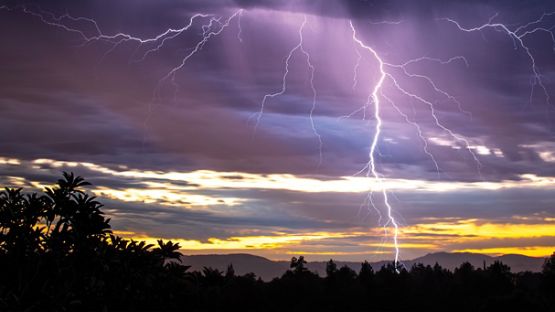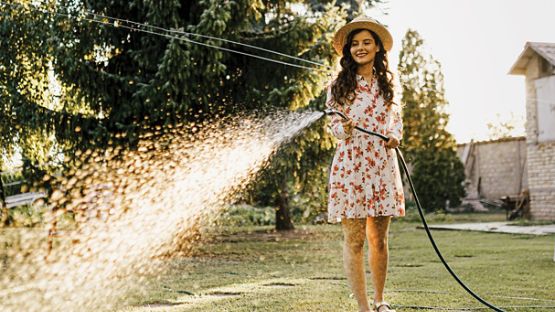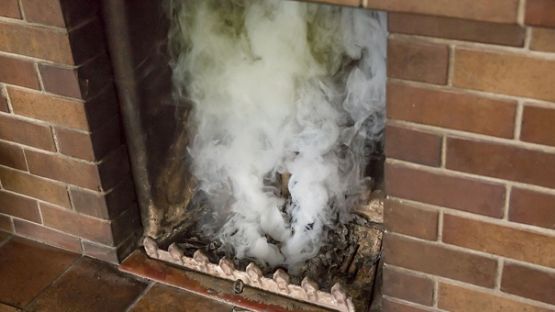Atlantic Canadians know full well the sudden anger of the sea. For centuries, its fits of fury had wrecked ships and ravaged coastal communities. Today, the rage is more forceful because studies indicate that climate change may be creating more intense hurricanes1. In fact, the U.S. National Oceanic and Atmospheric Administration predicts an 85% chance of an above-normal season in 2024.
Preparation and vigilance are as important as ever given recent experiences of hurricane in Atlantic Canada. Here are a few tips experts recommend to keep you and your family safe for those dangerous landfalls.
Hurricane preparedness
Have an emergency kit at the ready:
- You should have enough water and non-perishable food to get you through a minimum of 72 hours.
- Include a wind-up or battery powered flashlight and radio. Make sure to have extra batteries.
- Include a first-aid kit.
- Important documents like identification, insurance, and bank records.
- Cash in case ATMs, gas station debit payment systems, etc. are disrupted.
Have your emergency plan prepared:
- Establish several safe exit points from your home and neighbourhood.
- Plan out meeting locations for family members or other members of your household.
- Have a pet plan.
- Designate someone to pick up children in case you’re unable to.
- Have a lodging plan for extended evacuation periods.
What to do during hurricane season
First, you’ll want to understand the difference between a hurricane watch and a hurricane warning. A hurricane watch means that storm activity is possible in your area. A hurricane warning means that a hurricane is occurring or will soon be in your area. So, during hurricane season, you’ll want to actively listen to news and weather reports for potential watches or warnings – especially if you live in an area prone to hurricane conditions.
What to do during an active hurricane
Stay advised: radio, local news channels or emergency officials on social media can keep you informed of hurricane watches and warnings and instruct you what to do. Information is also available from the Canadian Hurricane Centre.
Be ready to go: If advised by authorities, you may have to evacuate. Flooding is always possible, so be mindful of the possibility of flooded roads or washed-out bridges.
Avoid the shore: It’s no time for boating or storm watching at the shore. When a hurricane approaches, you’ll want to be a safe distance away from the coastline.
Stay on the main floor: The safest place in your home during a hurricane is the main floor. A hurricane can lift a roof off a home, and the basement can be vulnerable to flooding.
What to do after a hurricane
A hurricane might have passed, but there are still dangers to avoid. You still need to be vigilant.
- Pay attention to the news for latest information.
- Be prepared for extended periods of rain.
- Keep an eye out for flooding, landslides, or building damage.
- Avoid downed power lines.
- Ensure your home is safe before re-entering.
- Dress appropriately with long sleeves, gloves, sturdy shoes, and long pants when cleaning up.
Knowledge is just as powerful
Hurricanes are inevitable – every year. Though not all hurricane seasons will impact Canada, we are still quite vulnerable, especially in our Atlantic regions. However powerful these meteorological monsters can be, you can be knowledgeable, informed, and prepared for the hurricane season. So check out our hurricane companion stories “Home safe in a hurricane – the causes and costs of hurricanes” and “Home safe in a hurricane – how to minimize hurricane damage to your home”.
For more detailed information, please visit the Canadian Red Cross’s hurricane page.
1A Force of Nature: Hurricanes in a Changing Climate - NASA Science













